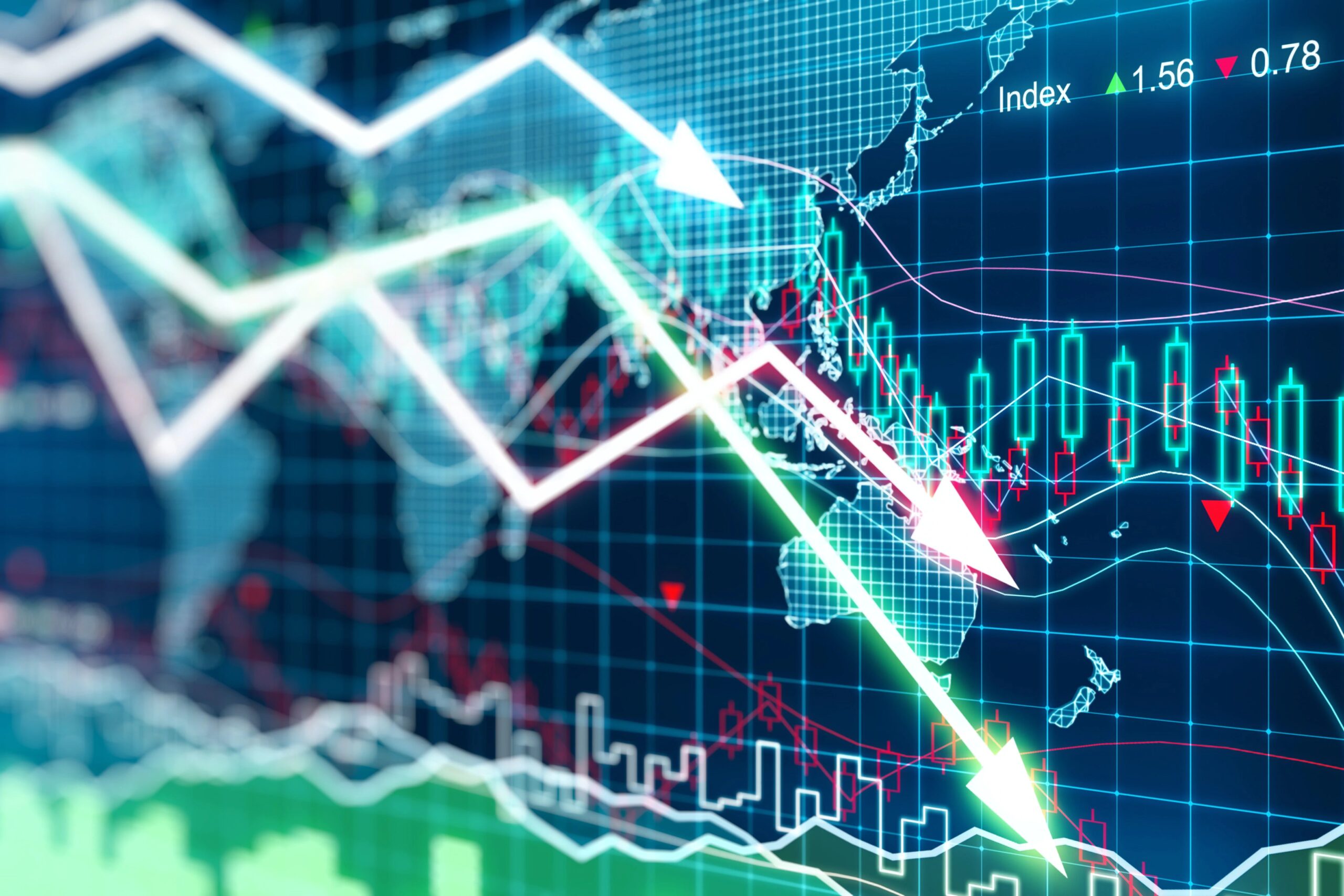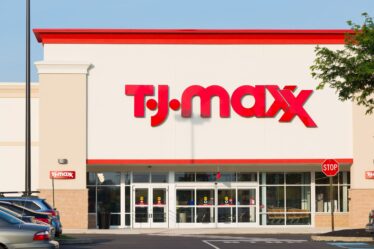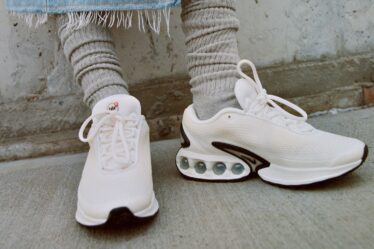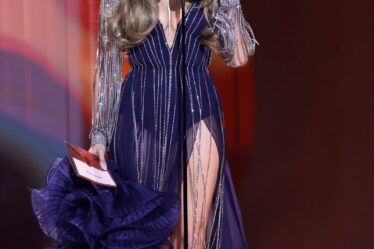
Images and Article from www.businessoffashion.com.
Investors are predicting some rough times ahead for retail.
Shares in companies ranging from activewear giant Nike to online retailers Revolve and Farfetch, accessible luxury’s PVH Corp. and Capri Holdings to mall brand Abercrombie & Fitch are down by double-digit percentages in the last two weeks.
The confluence of supply chain issues, inflation, rising gas prices and the Russian invasion of Ukraine has spooked global markets. On Tuesday, President Joe Biden’s ban on Russian oil and gas sent crude prices sharply higher. The news affected companies in many sectors, but fashion was hit especially hard: with US prices at the pump already at a record high, the prospect of even more expensive gasoline will mean consumers have less money to spend on clothes.
The turmoil comes even as some brands have reported stronger-than-expected financial results that reflected booming demand for apparel. On average, US retailers reported their biggest year-on-year jump in fourth-quarter sales since 2018, according to Simeon Siegel, retail analyst at BMO Capital Markets. In Europe, where pandemic restrictions were stricter, apparel sales were not quite as robust.
E-commerce retailer Revolve, for instance, saw fourth-quarter sales rise by 70 percent compared to the previous year, while online luxury reseller The RealReal, posted 67 percent year-on-year growth. Revenue for both exceeded 2019 levels. In January, US apparel sales rose 19 percent from 2021, according to the Census Bureau.
The strong results have done little to improve the mood on Wall Street, however. Revolve’s stock is down over 15 percent since reporting earnings.
“Everything is business as usual and sales are strong,” said Susan Anderson, retail analyst at B. Riley FBR. “The concern is that as we look forward, all of that could fall apart at any moment.”
The crux of market jitters comes down to Russia’s invasion of Ukraine two weeks ago. Most global apparel brands have closed their Russian stores in the wake of the war. Russia accounted for about 3 percent of sales for companies like Adidas and Prada and less for most other European apparel brands, according to UBS. Farfetch said last week that Russia represented 6 percent of the value of goods sold on the platform.
But beyond losing regional sales, various sanctions against Russia are already driving up prices for raw materials and logistics. The record-high gas prices before the oil ban Tuesday are case in point.
Still, retail’s strongest players will be able to at least mitigate the rising costs and inevitable falling demand.
One area of focus moving forward should be inventory management, Siegel said. Despite gains in sales, most retailers ended up with more inventory in their most recent quarters than they did last year, which means promotions and markdowns may be inevitable in the coming months. Navigating supply chain strains while also ensuring that consumers will respond to product assortment will be a particular challenge. If there is an economic downturn this year, retailers with lean inventories will be in a better position than those with a glut, according to Anderson.
Pricing is another obstacle. Inflation will likely be exacerbated by sanctions and other circumstances around the war in Ukraine. Consumers kept shopping even as prices rose last year, but they can only take so much sticker shock.
Especially if they’re paying more $4, $5, $6 for a gallon of gas, consumers will start holding off on purchases
“Especially if they’re paying more $4, $5, $6 for a gallon of gas,” said Anderson, “consumers will start holding off on purchases.” For retailers, this means potentially absorbing more of rising costs rather than passing them onto the consumer.
Lastly, it’s important to remember that the world is moving past the pandemic and into a new chapter of history, said Siegel. That means brands can no longer point to big increases in sales since 2020; instead, they’ll be comparing their performance to last year’s banner results.
“The days of comparing ourselves to pre-pandemic days are in the rearview mirror,” Siegel said.
Article shared from www.businessoffashion.com



